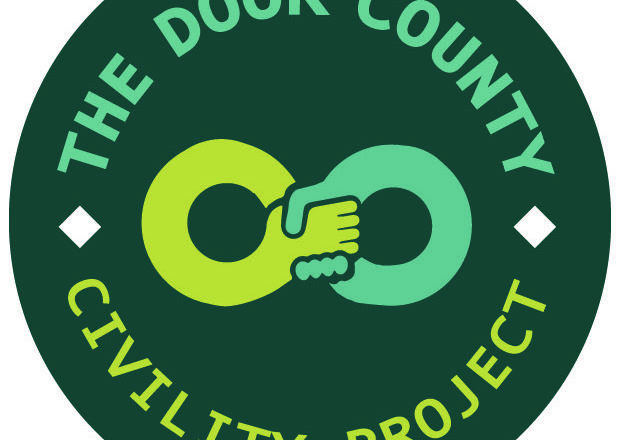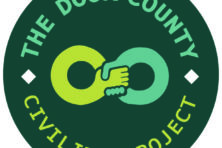Door County Civility Project: The Eighth Tool of Civility
- Share
- Tweet
- Pin
- Share

Criticize in a Constructive Manner
by ORLAINE I. GABERT
We have been given the means to listen to and understand what others are saying with the first seven tools of civility, learning to respond where we agree and express our own ideas. But there are times when one needs to express criticism. With the eighth tool, we learn how to do that constructively.
We live in a world with plenty of criticism that’s frequently negative, as well as unhelpful. When there’s something we don’t like, many of us bash the person or entity for the statement or action. This comes in the form of bullying, name-calling and threats. There is no resolution in these cases – only increased anger, hate, fear and frustration. All one learns is what the other did not like.
To criticize constructively is to first consider whether the moment even warrants criticism. Often, the situation presents only differences in viable opinions. If so, a person should use the first seven tools of civility to ensure a civil conversation about a conflict issue.
The majority of times for constructive criticism come in learning situations between a parent and child, teacher and student, or employer and employee.
Begin by stating your desire to help, and review what has been accomplished. Then gently share the knowledge that’s needed and give encouragement.
There are other times when you’re concerned about a family member, friend or close associate. In a comfortable, private setting, start with some supportive comments. This can lead to how the person is feeling about things. Then ask whether she or he might like some suggestions. If the answer is no, you may choose to not go any further and try again at another time.
If you feel the issue cannot wait, however, let the individual know that you respect these feelings, but you are very concerned and would like to give a different perspective. Try to be brief, and stop if you see the person’s anger rising. Finally, let him or her know that you are supportive, offer to provide any possible help and restate that you respect what remains the individual’s decision to make.
An important point to remember is that although constructive criticism is a necessary tool, it is most effective when you have a responsive listener.


